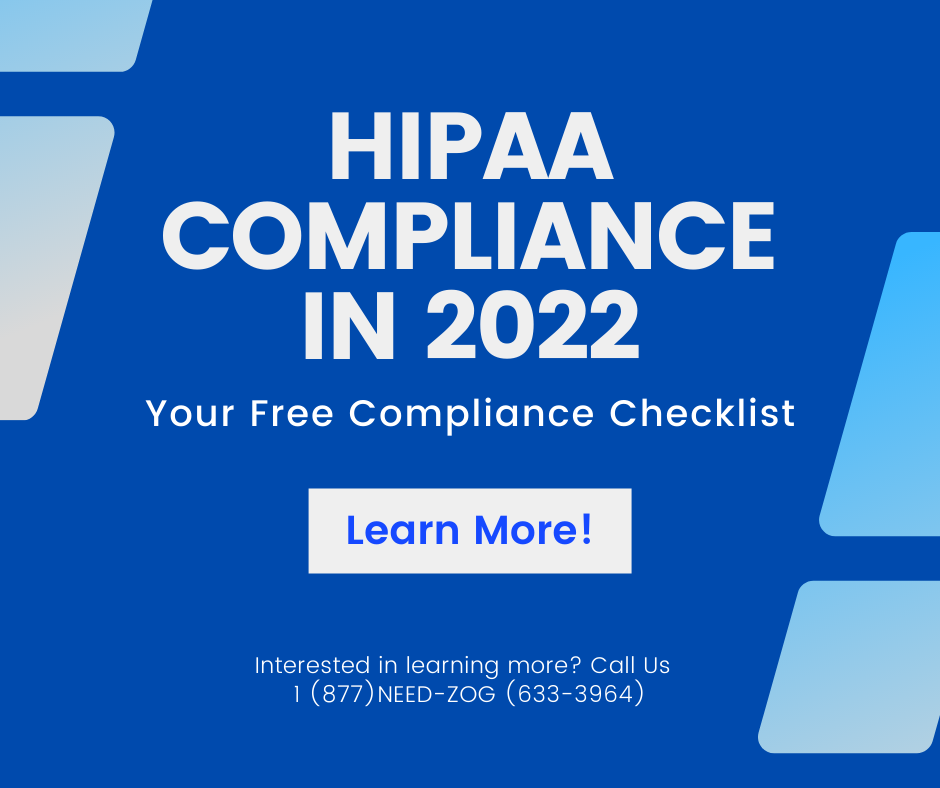Subscribe to the Zog Blog to get news Delivered straight to Your box!
Newsletter Signup
Recent Posts
Archives
Archives
- November 2025 (1)
- September 2025 (1)
- May 2025 (1)
- March 2025 (1)
- November 2024 (1)
- October 2024 (1)
- August 2024 (1)
- July 2024 (1)
- June 2024 (1)
- May 2024 (1)
- December 2023 (2)
- November 2023 (1)
- August 2023 (1)
- June 2023 (1)
- May 2023 (1)
- April 2023 (1)
- December 2022 (4)
- November 2022 (3)
- October 2022 (2)
- September 2022 (2)
- August 2022 (3)
- July 2022 (2)
- May 2022 (3)
- April 2022 (2)
- March 2020 (1)
- November 2019 (1)
- October 2019 (2)
- September 2019 (3)
- August 2019 (2)
- July 2019 (5)
- June 2019 (3)
- May 2019 (2)
- April 2019 (1)
- March 2019 (2)
- August 2018 (2)
- July 2018 (1)
- June 2018 (1)
- May 2018 (4)
- April 2018 (5)
- March 2018 (2)
- February 2018 (3)
- January 2018 (3)
- December 2017 (3)
- November 2017 (2)
- October 2017 (3)
- September 2017 (4)
- August 2017 (2)
- July 2017 (4)
- June 2017 (4)
- May 2017 (5)
- April 2017 (4)
- March 2017 (3)
- February 2017 (4)
- January 2017 (5)
- December 2016 (4)
- November 2016 (5)
- October 2016 (4)
- September 2016 (3)
- August 2016 (4)
- July 2016 (1)

HIPAA Compliance in 2022: Your Free Compliance Checklist
When it comes to the degree of sensitive information, medical data is right at the top. It is one of the main reasons the federal government now enforces its own protection parameters in the form of data security guidelines. It is crucial to understand that the direct or indirect negligence of these rules and guidelines leads to penalties and impacts the financial capability of the companies.
Fundamentals of HIPAA Compliance in 2022
HIPAA or Health Insurance Portability and Accountability Act works is a regulatory framework set forth in motion through a legislature by the federal government of the United States. Primarily, the function of HIPAA is to maintain the integrity and transparency of health information.
HIPAA compliance applies to companies that need to meet specific federal US regulatory requirements for PHI or protected health information. At its core, HIPAA compliance boils down to the information that is related to an individual’s healthcare, personal health, or healthcare payment.
Checklist for HIPAA Compliance in 2022
Now, for the sake of convenience, here is a checklist for HIPAA compliance organizations can follow:
✔ Having an Administration Plan
Since HIPAA comes with more than one rule, it is better for healthcare organizations to have a proper administration plan to ensure compliance. An administration plan would allow entities to monitor and meet various internal requirements and processes. On top of staff training, healthcare organizations should adopt a long-term administrative strategy to cover applicable regulatory requirements.
✔ Having a Dedicated Compliance officer
It becomes easier for health entities to ensure HIPAA compliance when there is a dedicated department or responsible officer to meet all requirements. The right course of action for healthcare organizations is to hire a compliance officer who would be responsible to ensure HIPAA compliance. Healthcare entities can also depend on the HIPAA compliance officer to heighten accountability across the board.
✔ Align IT Infrastructure with Regulatory Requirements
Practically, healthcare organizations cannot store ePHI or PHI just anywhere. Instead, there has to be a secure and dedicated storage solution to store sensitive healthcare information. In terms of protection, healthcare data should be able to meet physical and technical regulatory requirements.
Technical data would involve safeguarding data stored on the software and hardware equipment. It also involves logs that monitor data accessibility. On the other hand, physical protection of data involves individuals having proper credentials to access sensitive information.
✔ Monitor Potential Violations and Record Findings
Healthcare entities should be proactive to investigate different reports that might involve a potential HIPAA violation. In fact, healthcare entities have to put in place a proper timeframe and guidelines to become HIPAA compliant.
Once you perform audits, you can find out potential violations. It is also important for healthcare organizations to log and record actions related to HIPAA compliance. Despite the scope of the healthcare information, entities should not hesitate to make audit reviews.
✔ Maintain Tech Tools that Handle PHI and Review Risk Levels
Despite the use cases, healthcare entities have to ensure PHI safety as per HIPAA regulatory requirements. The idea is to propel healthcare organizations to integrate up-to-date cybersecurity solutions and adopt the best security standards to ensure HIPAA security compliance.
The last thing healthcare providers should do is use redundant systems that invite hackers to breach data. The goal of healthcare organizations should be to perform regular security updates. In order to ensure HIPAA compliance, healthcare organizations should also conduct security audits and comparative risk analysis. These security audits should be able to cover technical and administrative policies in place.
✔ Having a Contingency Plan
Under HIPAA regulatory compliance requirements, healthcare organizations are responsible to develop and roll out an actionable plan to counteract cyber attacks. In fact, it is vital for healthcare businesses to follow specific processes and avoid data breaches as per the Breach Notification Rule of HIPAA.
✔ Opt for Suitable Partners
Healthcare firms are responsible for finding and collaborating with suitable partners. For instance, if your organization does not have sufficient resources to take care of in-house processes, then you can opt for specialized security vendors to ensure HIPAA compliance.
In 2022, you will find no shortage of third-party vendors to get the software that aligns with your IT infrastructure and makes you HIPAA compliant. But make sure the vendors or partners have the credibility to avoid potential data leaks.
Understanding HIPAA Rules in 2022
Under the HIPAA regulatory requirements, there are four rules that protect the security and privacy of a patient’s medical data. And each rule comes with its own framework and details to ensure HIPAA compliance.
1) Privacy Rule
Privacy Rule highlights the rights of a patient that involve health data and access parameters. The framework of this rule boils down to ensuring ePHI maintenance, classification, and transmission without compromising the integrity of the data.
2) Security Rule
This rule puts in place security standards to protect healthcare information that is stored or transferred digitally. The Security Rule involves used technologies, administrative control, and physical protection.
3) Breach Notification Rule
This rule requires having a public disclosure and private notification plan for healthcare organizations. The Breach Notification Rule requires having a prompt response to address a potential data breach.
4) Omnibus Rule
Omnibus Rule applies to covered entities and holds them responsible for any violation that involves subcontractors and business associates. This rule makes it difficult to blame vendors or partners and propels entities to improve safety measures.
Final Thoughts
Today, most healthcare entities collect and store health information digitally. In line with PHI, its digital counterpart is ePHI. The objective of HIPAA compliance is to supervise the entire healthcare sector. Technically, HIPAA compliance ensures that the business associates, covered entities, and subcontractors comply with all the regulatory requirements.
In a digital and tech-driven world, HIPAA compliance can make all the difference for healthcare entities. Whether it’s insurance companies, healthcare providers, or hospitals, it is imperative to keep up with the HIPAA compliance standards to safeguard private and sensitive patient data.
In 2022, it is integral for healthcare organizations to align their internal and external safety standards. Once you tighten the alignment and cut out inconsistencies, you can better assess risks and easily follow through with the compliance processes.


Leave a Comment
Your email address will not be published. Required fields are marked *